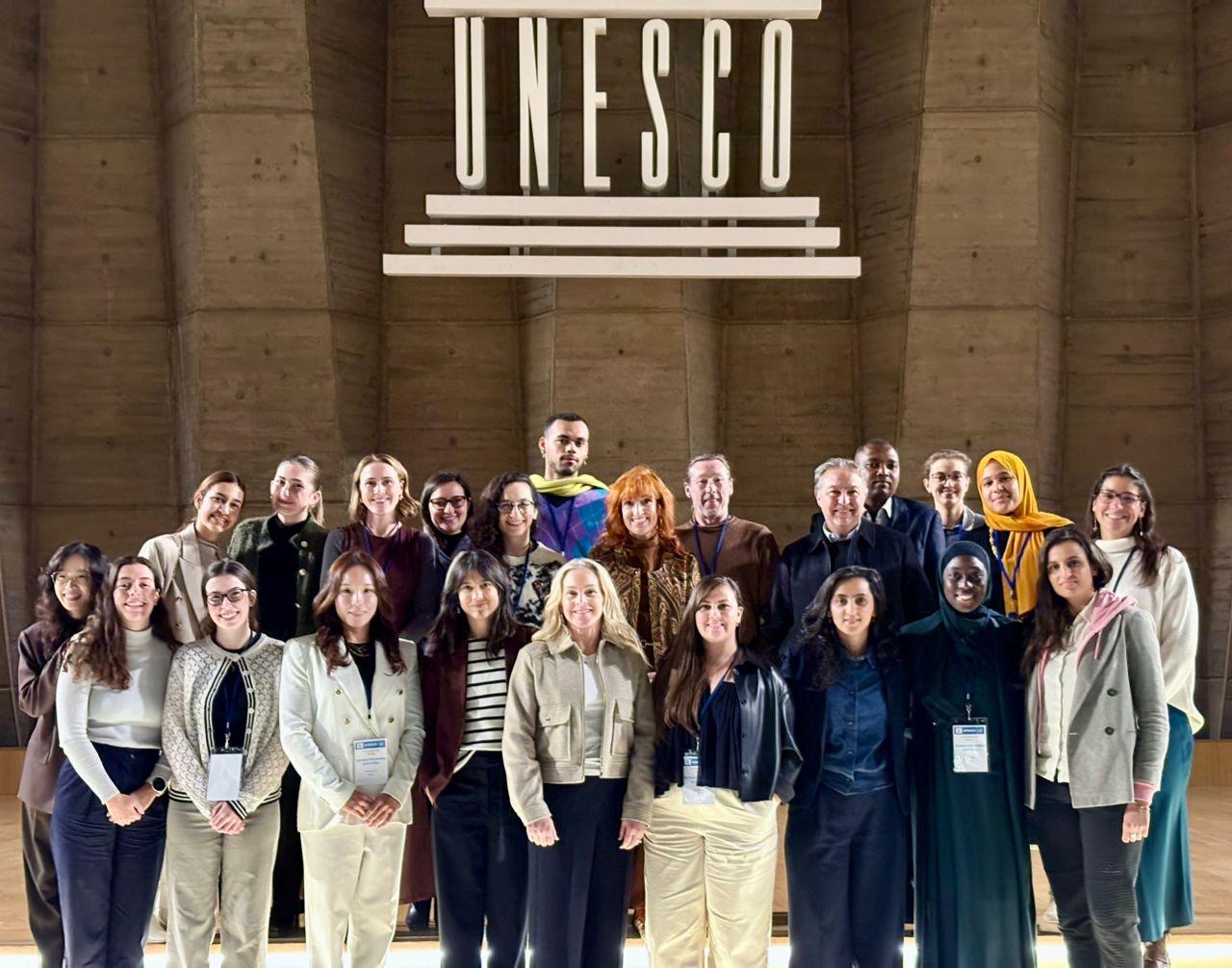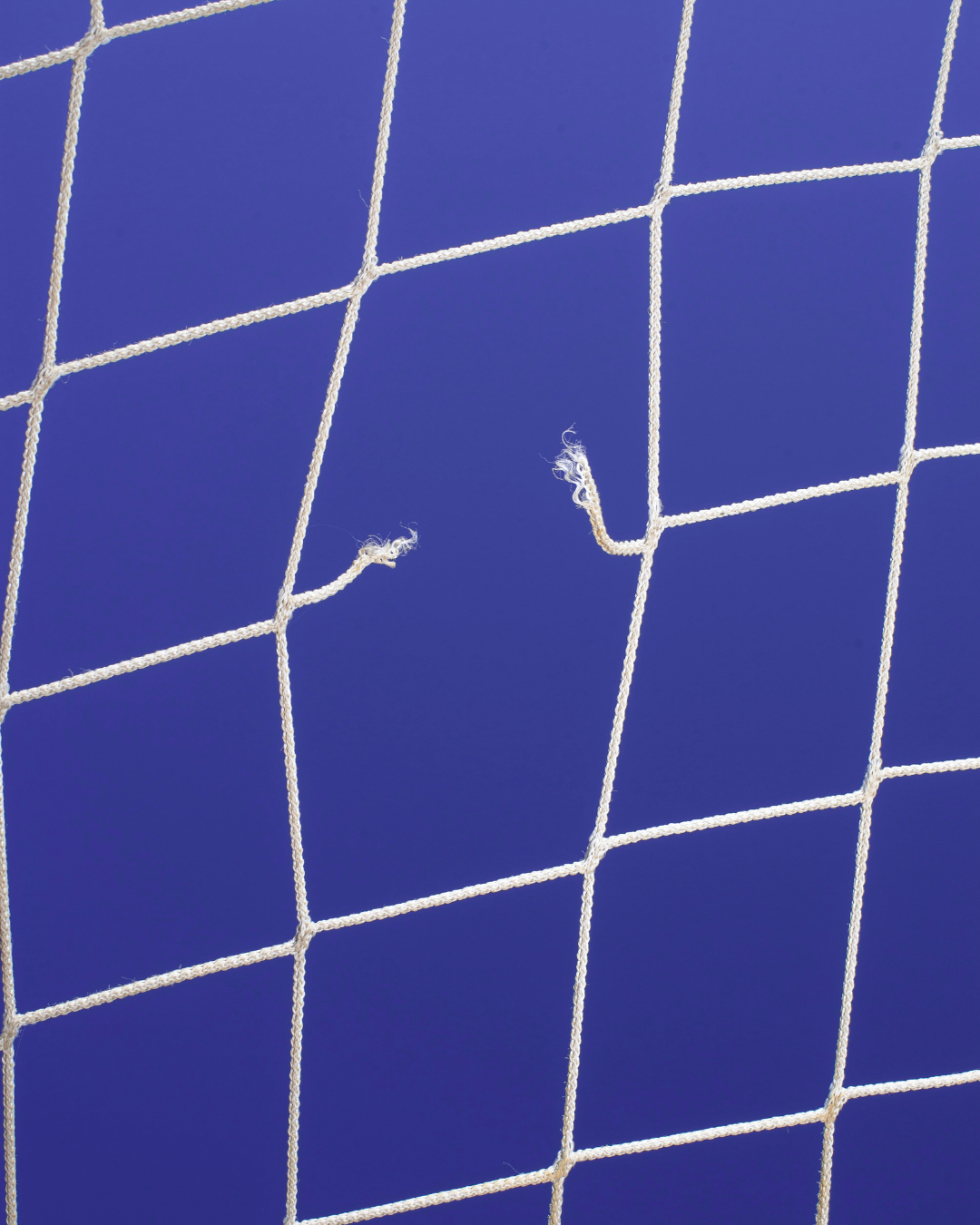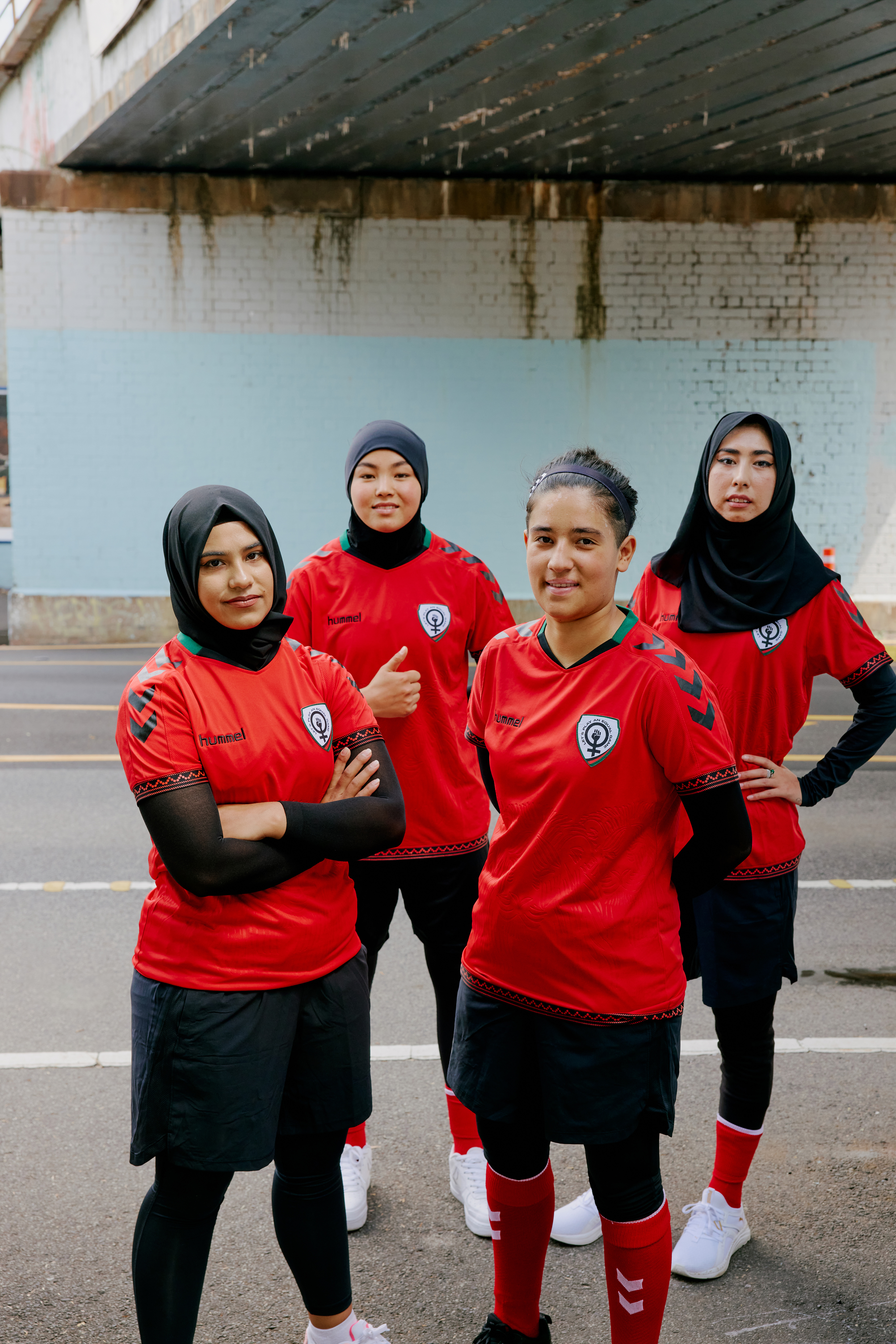Olympic champion Nils van der Poel has set an example to world leaders by giving away his Beijing 2022 gold medal in protest at human rights violations in China.
The Swedish athlete handed the men’s 10,000m speed skating medal he won at this month’s Games to Angela Gui, whose father Gui Minhai is a bookseller imprisoned in China on unsubstantiated “spying” charges.
“Nils van der Poel was a sporting champion at the Olympics, and today he is a champion of human rights. His brave decision to take a stand against China’s crackdown on freedom of expression should spur governments into action on this urgent issue,” said Alkan Akad, Amnesty International’s China Researcher.
“While China uses the Olympic and Paralympic Games to burnish its global image, millions suffer from its human rights violations: the Uyghurs held in internment camps; the sexual abuse survivors targeted for speaking up; or those like Gui Minhai who have been jailed simply for advocating views the government does not like.”
Gui Minhai is one of five Hong Kong–based publishers and booksellers who disappeared in late 2015 after publishing books critical of the Chinese government. He was later sentenced to 10 years in prison after a secretive, unfair trial.
He is among hundreds of writers, lawyers, activists and academics who have been targeted as part of the Chinese government’s long-running campaign to crush all forms of dissent.
Van der Poel’s donation of the gold medal – one of two he won at the Winter Olympics – comes five days after the Games’ closing ceremony, and ahead of the Beijing 2022 Paralympics which begin on 4 March.
“I am not the voice of all Olympians, but me and my friends dedicated our lives to strive for excellence within sports, and the Chinese government chose to use our dreams as a political weapon to legitimize their regime. To me that was personal, and I felt exploited,” van der Poel told Amnesty International.
“I wish for the human rights issues in China to improve and for Gui Minhai to be set free. It’s a lot to ask but it is the only reasonable thing to ask.”
Angela Gui was born in Sweden after Gui Minhai left China for Scandinavia following the Tiananmen crackdown in June 1989, later becoming a Swedish citizen.
She has campaigned tirelessly for her father’s release and says she has faced intimidation from Chinese state agents in an attempt to silence her.
“I would of course have preferred a situation in which doing this wasn’t necessary in the first place. But it feels important to me that this medal represents solidarity with political prisoners like my father, and the countless other victims of Beijing’s human rights violations,” Angela Gui told Amnesty International.
Who is Gui Minhai?
Gui Minhai’s Causeway Bay Bookstore was known for its books on Chinese leaders and political scandals which are banned in mainland China but popular with mainland Chinese tourists visiting Hong Kong.
Having gone missing in Thailand in October 2015, he reappeared on Chinese state media in 2016 giving an apparently forced confession to a hit-and-run several years earlier.
“Governments across the world should follow Nils’ lead by stepping up efforts to hold the Chinese government to account – not just over the unjust prosecution of Gui Minhai, but over its treatment of the many others jailed solely for peacefully exercising their rights.”
Alkan Akad, Amnesty International
He was released in 2017 but appears to have been under tight police surveillance, with his freedom of movement curtailed. He was seized by plainclothes police while travelling from Shanghai to Beijing for medical reasons with two Swedish diplomats in January 2018.
In February 2020, he was jailed for 10 years on trumped-up charges of “illegally providing intelligence to foreign entities”.
“China’s system of censorship and punishment may have stifled human rights debate during the Games, but this powerful gesture sends a galvanizing message that the Chinese government’s shameful persecution of its peaceful critics will not be tolerated,” Alkan Akad said.
“Governments across the world should follow Nils’ lead by stepping up efforts to hold the Chinese government to account – not just over the unjust prosecution of Gui Minhai, but over its treatment of the many others jailed solely for peacefully exercising their rights.”
Background
In China, dissidents including writers, academics and journalists are systematically subjected to monitoring, harassment, intimidation, unlawful arrest and detention. Those targeted include five individuals featured in Amnesty International’s Beijing Olympics ‘Free the Five’ campaign:
Prominent human rights lawyer Gao Zhisheng has been missing since 13 August 2017 after publishing a memoir detailing the torture and other ill-treatment he experienced while in detention from 2009 to 2014.
Lawyer-turned-journalist Zhang Zhang is currently in prison for “picking quarrels and provoking troubles” after reporting on Covid-19 in Wuhan at the beginning of the pandemic.
Tibetan Monk Rinchen Tsultrim was sentenced to four years and six months in prison for expressing views critical of government policies.
Uyghur academic Ilham Tothi was sentenced to life imprisonment for suggesting constructive approaches to overcome unequal treatment of ethnic groups in China.
Feminist activist Li Qiaochu has been detained for reporting torture allegedly committed by the Chinese authorities.







